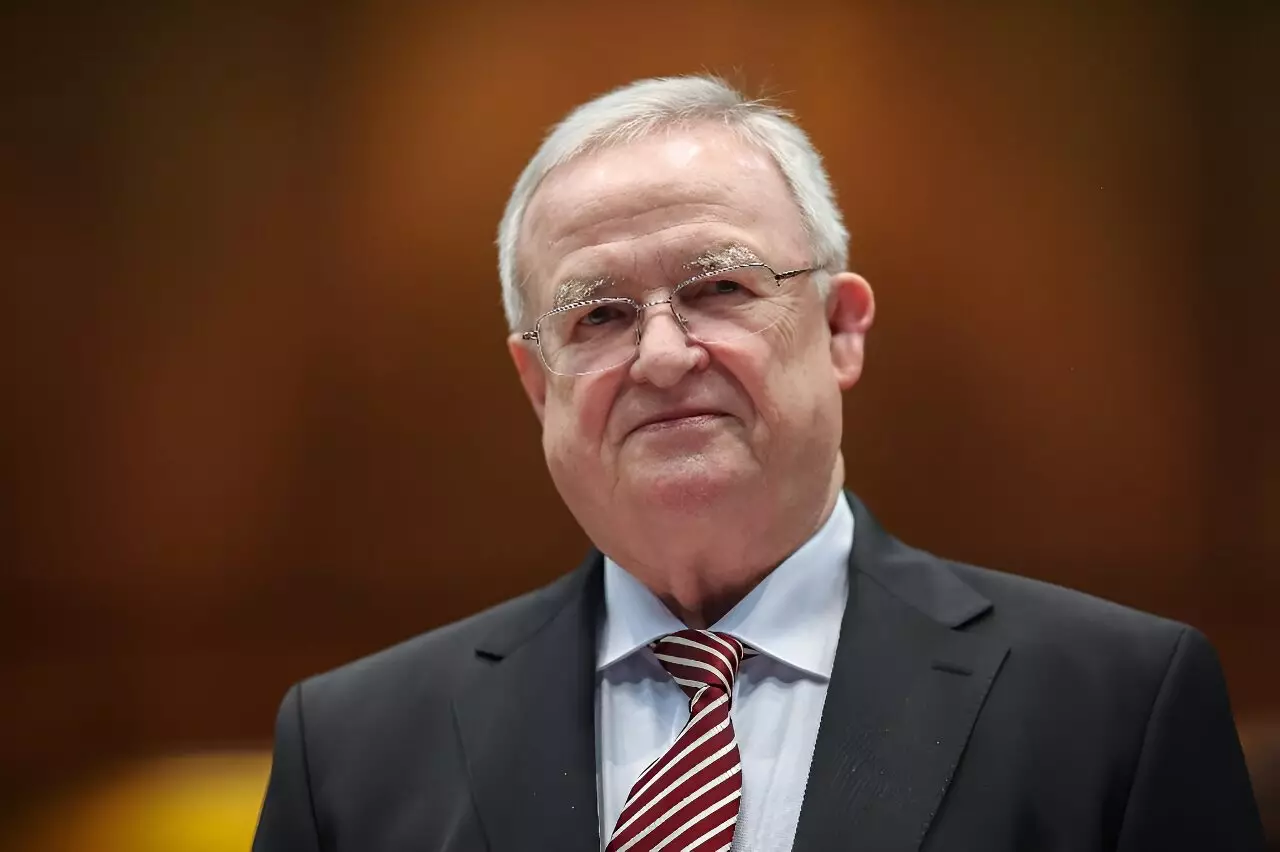As the former CEO of Volkswagen, Martin Winterkorn is scheduled to face trial this week for his involvement in the notorious “dieselgate” scandal. This scandal rocked the German auto industry in 2015 when it was revealed that VW had been using software to manipulate emissions levels in millions of vehicles worldwide. Winterkorn, who resigned from his position as head of the VW group at the onset of the crisis, could potentially face up to 10 years in prison if found guilty of fraud.
Winterkorn is facing a slew of charges, including fraud related to the use of defeat devices that misrepresented the emissions levels of VW vehicles in lab tests. He is also accused of giving false testimony to a German parliamentary committee in 2017, claiming he only became aware of the defeat devices in September 2015 when prosecutors believe he knew about them earlier. Additionally, Winterkorn is charged with market manipulation for allegedly failing to inform the capital market promptly about the emissions-rigging software, violating German stock market regulations.
Despite attempts to bring Winterkorn to trial alongside four other VW executives in 2021, his poor health led to the postponement of his case. However, a regional court in Braunschweig has announced that proceedings against him will now commence this month, with concerns arising once again about his health. Winterkorn, now 77 years old, has already settled with Volkswagen in 2021, agreeing to pay the company 11 million euros in relation to the scandal.
The fallout from the “dieselgate” scandal has been substantial, with VW already incurring around 30 billion euros in fines, legal fees, and compensation to affected car owners, primarily in the United States. Winterkorn’s trial is expected to shed further light on the extent of the deception and the financial losses incurred by buyers of VW vehicles. It also serves as a striking example of corporate malfeasance and the consequences of prioritizing profit over environmental and ethical considerations.
The trial of Martin Winterkorn marks a critical juncture in the aftermath of the “dieselgate” scandal that tarnished Volkswagen’s reputation and shook the automotive industry. As Winterkorn faces serious charges of fraud and market manipulation, the proceedings will be closely watched for their implications on corporate accountability and the responsibilities of top executives in upholding ethical standards. Winterkorn’s trial highlights the importance of transparency, honesty, and adherence to regulations in the business world to prevent similar scandals from occurring in the future.


Leave a Reply